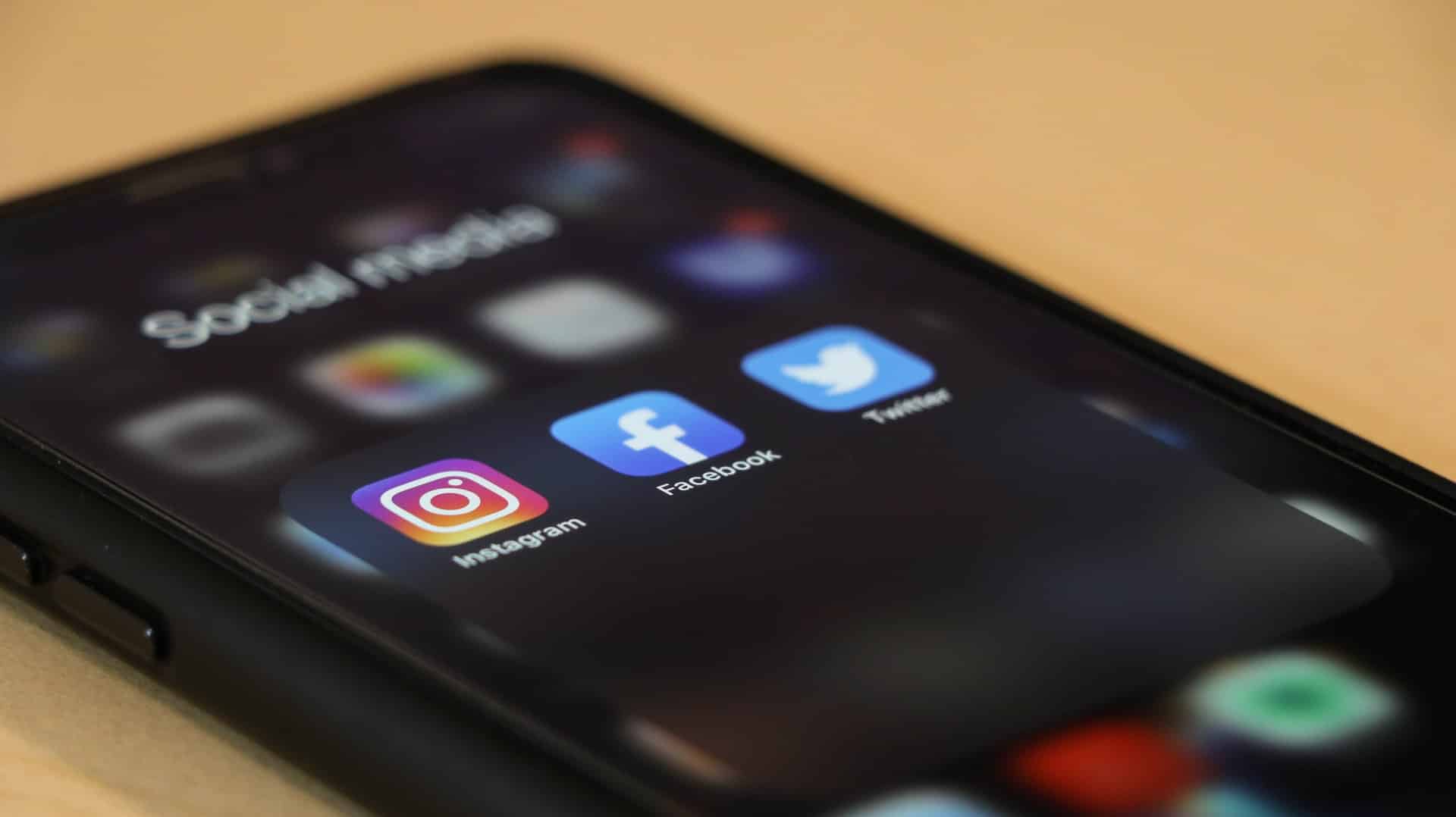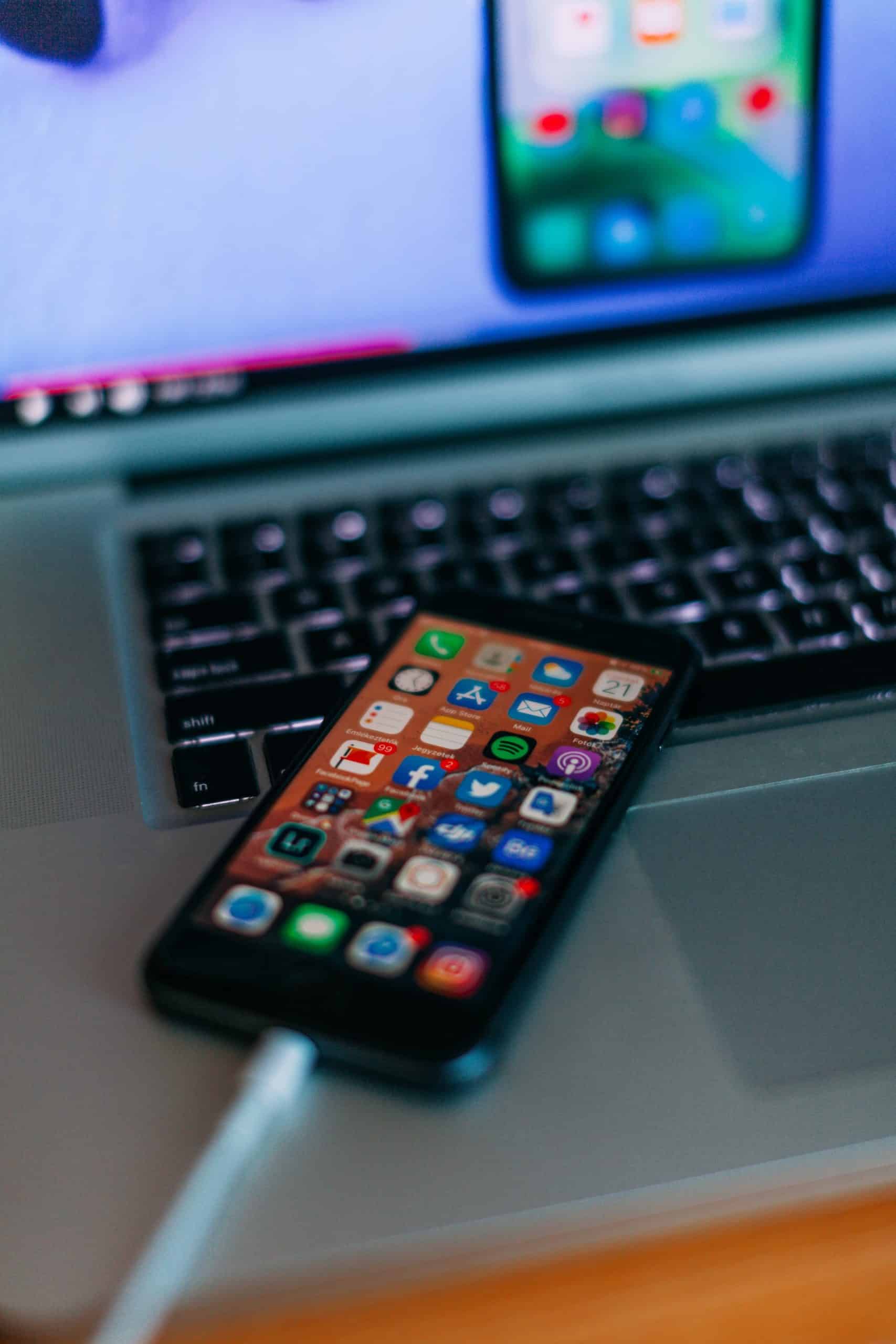With the invention of the Internet, our routine has transformed once and for all. When social media had made a way into our lives, it gained credibility as a secure and convenient platform where people can communicate. That is why socials have become so popular within various organizations, companies, and educational institutions as a means of interaction with lecturers and students. We all know that students and professors use social media as well. The question is, how it influences the educational system?
IMAGE: UNSPLASH
Hidden Potential
You simply need to walk through the hallways of any school, college, or university to see students of all ages completely immersed in their smartphones. Browsing news feed, sharing photos on Instagram, sending messages have become an important part of our daily routine. But social media is not only about that. Under a mountain of tweets, unwanted spam messages, and cat pictures, the hidden potential of social media lies.
According to recent statistics, 3.8 billion people use social media. And these numbers are only growing, steadily approaching half of the world’s total population. No wonder that socials have touched upon such a massive and significant sphere as education. 79% of college graduates have at least one social media account. Every day thousands of students communicate through socials. That is why the integration of social media in the educational system facilitates the development of a close-knit community.
More and more schools, colleges, and universities have social media pages or groups, where principals or administrators can share news and important information. Students also create their projects. For instance, it can be a group for people attending a specific college club. What’s more, we can’t imagine a school class without a parents’ group chat in WhatsApp. Thanks to it, permanently busy parents who cannot attend every school meeting, stay in touch with events and monitor behavior, and academic performance of their kids.
Due to such trivial, at first glance, things it is easier for people to interact with each other. As a result, strong communities are developing.
Enlivened Educational Process
When preparing for an exam or writing an essay, undergraduates used to go behind lecture notes and read books. But the Internet contains an endless bank of information. So new educational ways appeared, and self-inspired learning’s got widespread.
Today the amount of enlightening content is only growing. Experts in various fields and subjects have blogs where they explain complicated topics in plain language. You can find popular science channels on YouTube for every taste. Some of them describe historical events, and others explain how the economy works. On another channel, scientists conduct physical or chemical experiments. Besides video content, you can follow some scientific Telegram channels or even outsource your writing assignment to a cheap essay writing service.
Such use of social networks facilitates learning for both who study at institutions and for self-educated ones. It diversifies the studying process and makes students more engaged in it.
Streamlined Research Process
As it was previously mentioned, the amount of information on the Internet is enormous, and students actively benefit from it.
Socials don’t replace books, notes, and materials provided by institutions. Students still will be spending hours in libraries. But the Internet and social media, in particular, simplify and speed up the information searching. Leveraging Google Forms and social media account, you can interrogate an incredible number of people without making many efforts.
With the integration of social media in the studying process, schoolchildren and students have had access to the information frequently represented in simple terms. And it’s become much easier for them to monitor the latest news, surveys, and researches.
Improved Education Management System
Besides the traditional form of full-time study, there is distance education. It’s appeared due to technological development. And now, distance learning is steadily entering into a new development stage. More and more people choose distance learning over full-time study. Online videoconferences are gaining popularity. Universities and students leverage such platforms as Zoom, Skype, Discord, and others.
To organize telecommuting, learning management systems are applied. LMS enables to promptly solve problems arising in the learning process, regulate educational programs, and improve ways of interacting with students. Most learning management systems are integrated with socials.
It allows creating informational forums, and instant chats where students and professors can cooperate in real-time. Such interaction between the users and the system reinforces student participation in the educational process. Educational institutions apply social media in the process of enhancing their systems.
Further Opportunities For Students
Various organizations, stores, and companies have social media accounts. It is an essential part of marketing. Bloggers make money on social media. Other people write about what they interested in and have their own audience.
For those who are thinking about starting a business or want to narrate about what they do, social media is the perfect space. As students can express themselves there sharing their thoughts and projects. As a result, it will assist in the future. Such social media accounts help graduates to create a portfolio, reach out to the audience, build their own brands. By graduation, they will already have a certain accumulated base. And it will demonstrate progress and growth over time. Also, starting a career in this way gives students an advantage in building social credibility.
To Put It All Together
Despite all the controversy of using social media, it provides new opportunities. New ways of working and studying processes come into view. Multiple educational institutions introduce it into their system. Social network tools are applied in studying proses to improve learning methods. It provides students and professors with the ability to connect with each other and with experts from all over the world. Also, it allows us to learn extra information, and change approach to education.
When used reasonably and correctly, social media can become an inherent part of the educational system. Over time, socials will have only an increasing effect on education.
If you are interested in even more social media-related articles and information from us here at Bit Rebels, then we have a lot to choose from.


COMMENTS